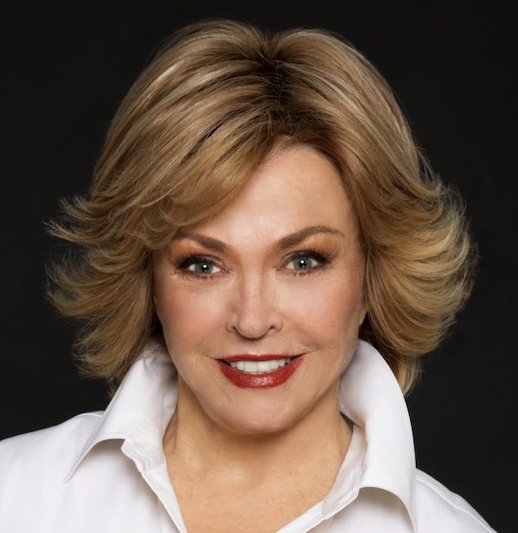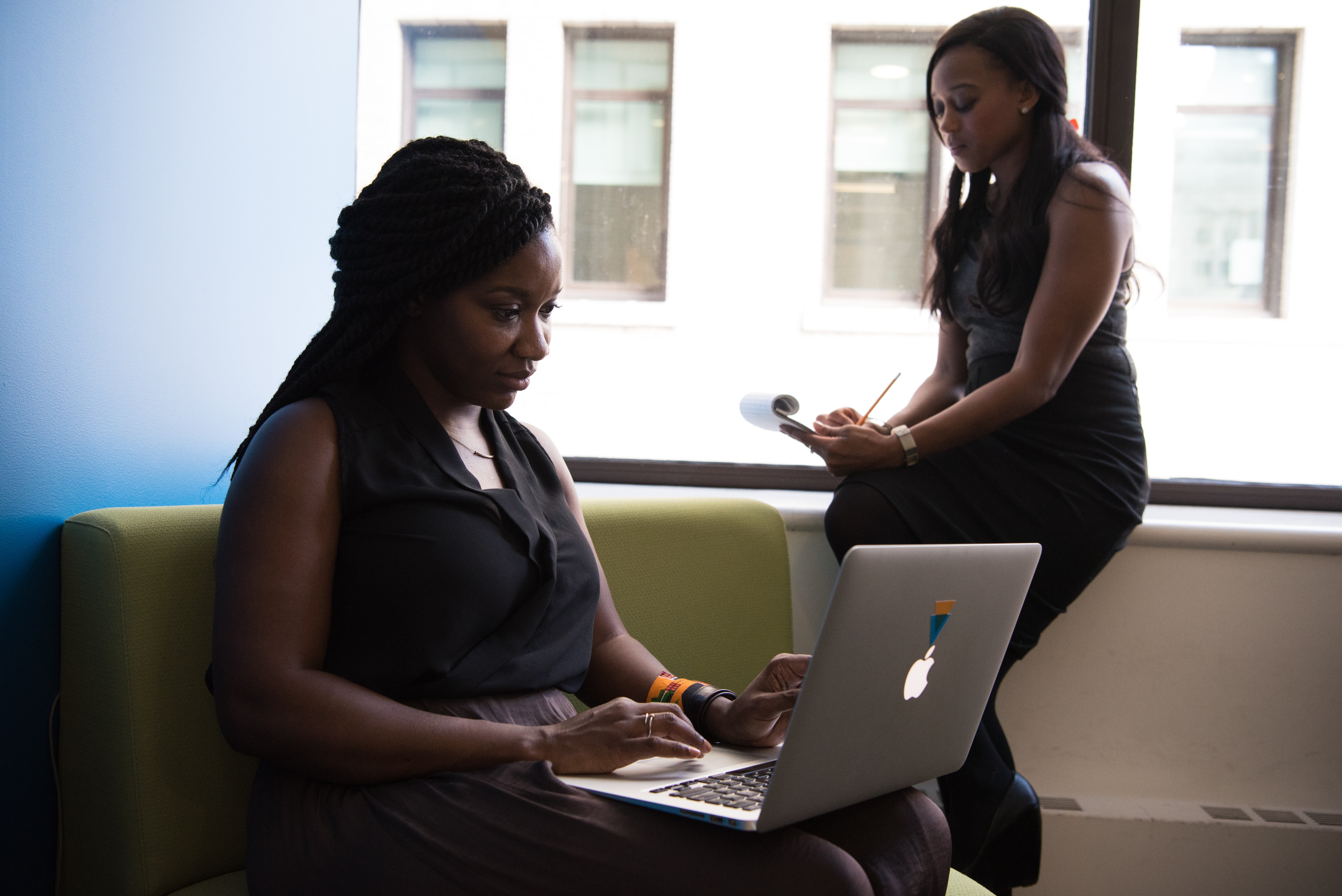From the frontlines of the Covid pandemic this week, I want us to think about some startling new facts about who is hurting the most and what we can do about it. It’s time to stop touting how great Trump has been for the economy. He made the rich richer and poor poorer and his lack of leadership during this pandemic has led us right into a recession!
And for the first time in our history, this will be a women-led recession.
The First Women-Led Recession
What do I mean by that? Typically in a recession, men lose more jobs than women. That’s because “more men work in industries that are closely tied to economic cycles – such as construction and manufacturing. Women, conversely, dominate more in industries not tied to such cycles, such as healthcare and education.”
But the coronavirus recession is not a normal recession. The factors that determine who gets to keep their jobs are specific to the virus. For example, workers who can do their work remotely are more likely to keep their jobs, because they can telecommute from home. In the US, 28% of men can telecommute, while only 22% of women can, reports the BBC.
But even if a woman is fortunate enough to have a job that allows her to work from home, many families with young children are forced to choose between jobs and parenting — and it is women who have already left or may leave the workforce in droves.
On Friday, we learned that 865,000 American women dropped out of the labor force last month — a significantly larger number than men. The number is four times more than the 216,000 men who left during the same timeframe. For many families, the move didn’t happen by choice. It simply made more financial sense for the wife to leave her job than the husband. Economists are concerned that when we finally do start to recover, these losses for women may never be recovered.
We saw this coming. In a summer survey conducted by LeanIn.org and McKinsey, about one in five working mothers said they were considering dropping out of the workforce, at least temporarily—compared with 11% of fathers. An additional 15% of mothers said they may dial back their careers, either by cutting back hours or switching to a less demanding role.
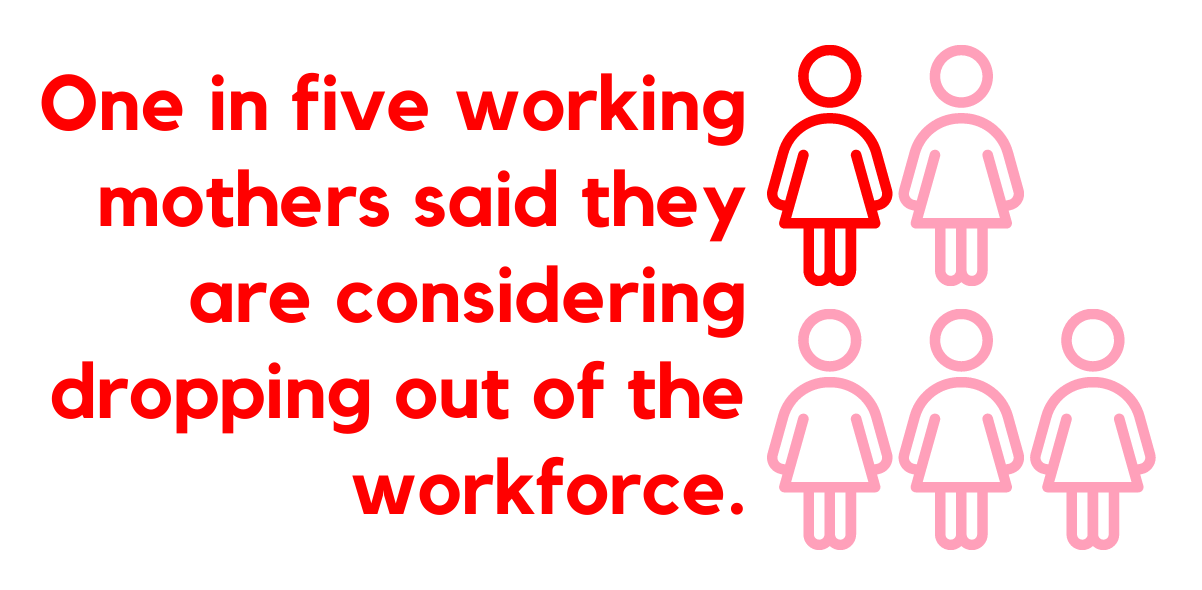
Add to that the 20 million single-parent households in the US, three-quarters of which are led by women. “Think about it – they won’t be able to work,” says economist Michèle Tertilt. “Even if they’re a nurse or a doctor, even if they have a job within critical infrastructure – they might have kids at home and they can’t leave them alone.”
Decades of Progress Lost
Women have carved out a growing share of the labor force over the years. In recent decades, reports The Wall Street Journal, that share has come close to 50%. But after decades of progress, this recession has the potential to roll it all back in one fell swoop.
“I’m very concerned that there’s a level of talent we’re going to start losing that we’ve worked very hard to develop,” Lisa Safarian, head of Bayer AG’s North American crop-science business told the Journal, adding that working mothers of young children are a critical part of the next generation of potential business leaders.
Black women are the most vulnerable to this, as the LeanIn.org/McKinsey study finds they are the most likely group to consider shifting to a lower job or taking leave from work, often because they have multiple responsibilities for caretaking and with the pandemic are forced to make difficult choices. More than two-thirds of all African American working mothers are single moms, making them the primary, if not sole, economic providers for their families.
The Intersectional Recession
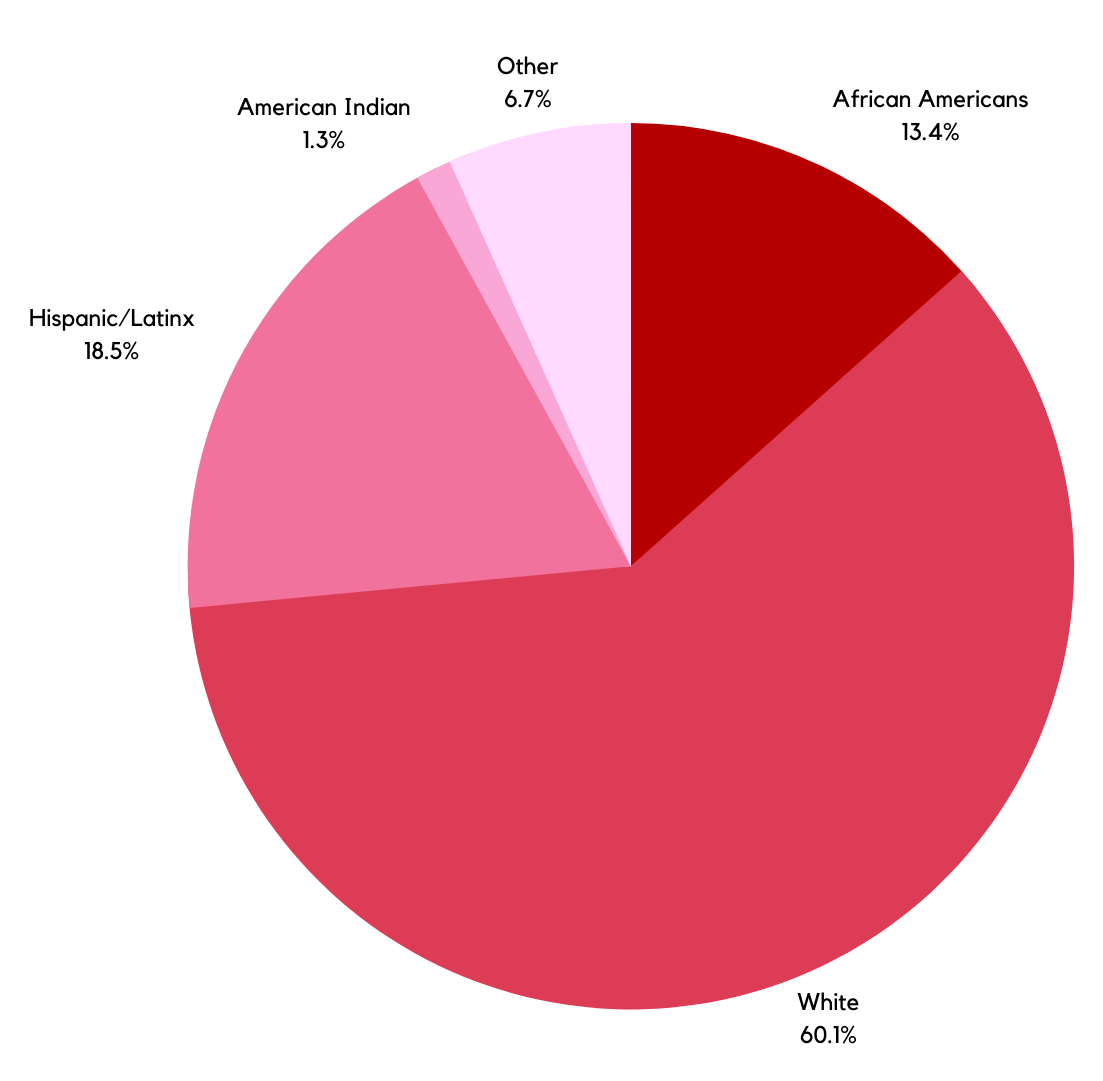
And when we dig deeper into the demographics, the story is even more grim. We already know that from a health perspective, communities of color have been hit harder by the pandemic. Black Americans make up only 13.4% of the population, but account for over 22% of COVID-19 related deaths. Unfortunately, a similar disparity exists in terms of the economic impact for men and women of color. While white women experienced the largest increase in unemployment during the pandemic, Black and Latinx women have the highest unemployment rates of all groups.
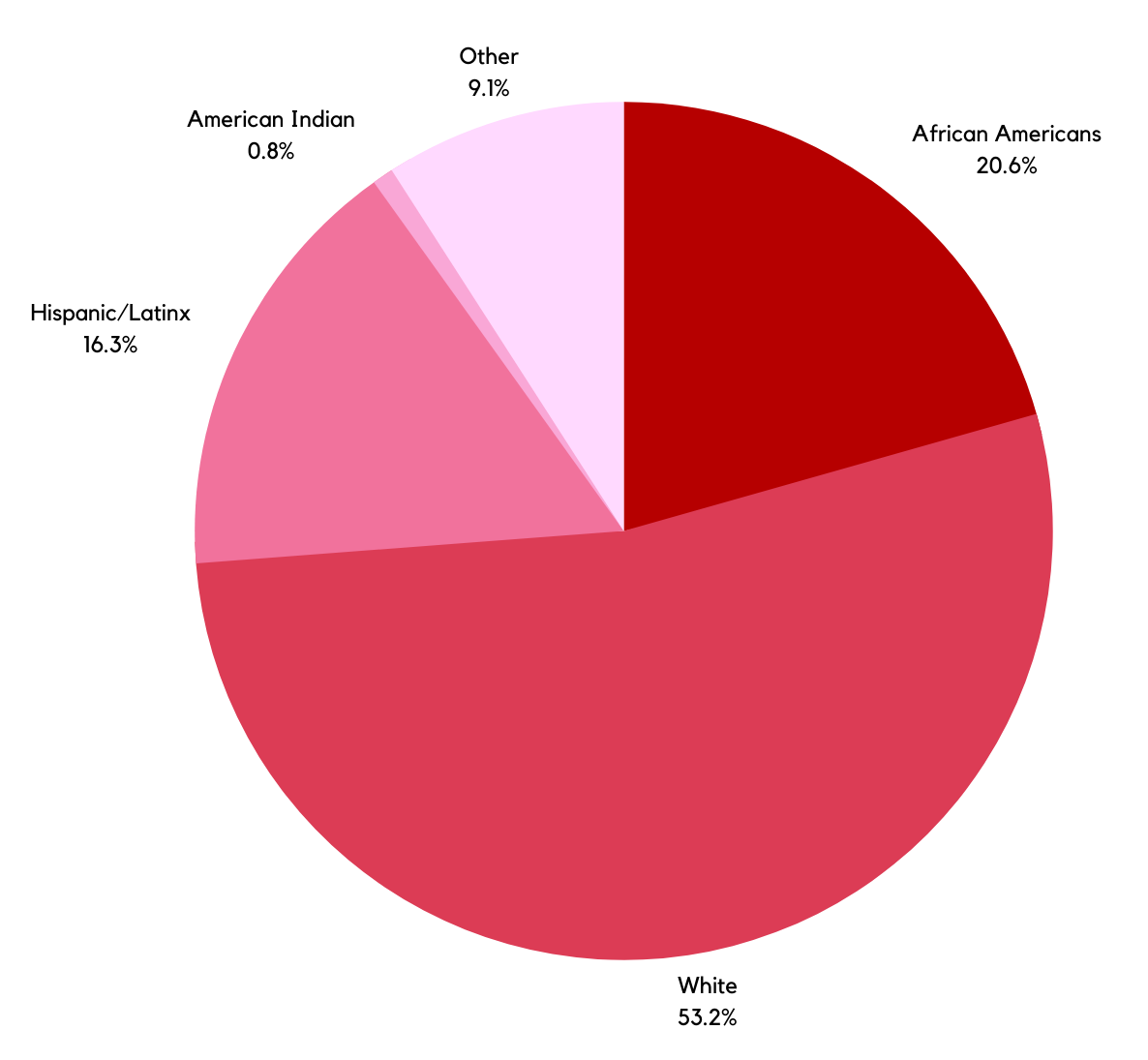
Between February and April of this year, Black women experienced a sharp employment decline, dropping 11% — higher than what Black men or white women and men experienced during the same period.
According to the Economic Policy Institute, Latinx American women are the most vulnerable to the particular economic devastation brought on by the virus. Latinx Americans have experienced a higher number of COVID-19 related layoffs, and they are the least likely to be able to work from home.
And we learned last week that of the 865,000 women who left the workforce, more than 300,000 of them were Latina. In comparison to white workers, Latinx workers are less likely to have paid sick days, to be able to work from home, and are on average paid 72 cents on the white dollar. It’s no wonder this group is experiencing higher economic distress directly resulting from COVID-19, when the system has been set up to directly disadvantage them.
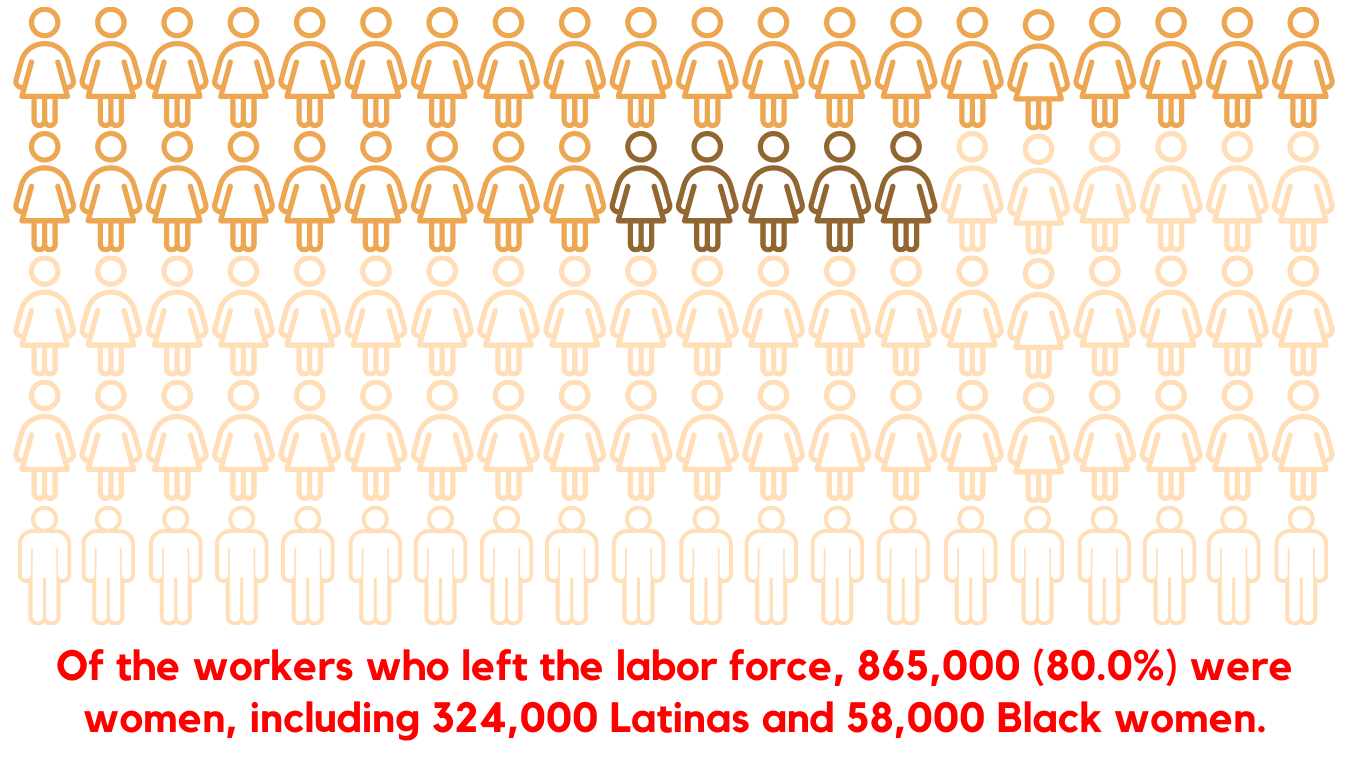
In the US, Latinx women hold the highest percentage of jobs in the leisure and hospitality industries, and these industries experienced the largest job losses, with over 41% of those positions being shut down. In April, one in five Latinx women experienced unemployment, up 15% from February — and 6% higher than unemployment experienced by white women during the same time period.
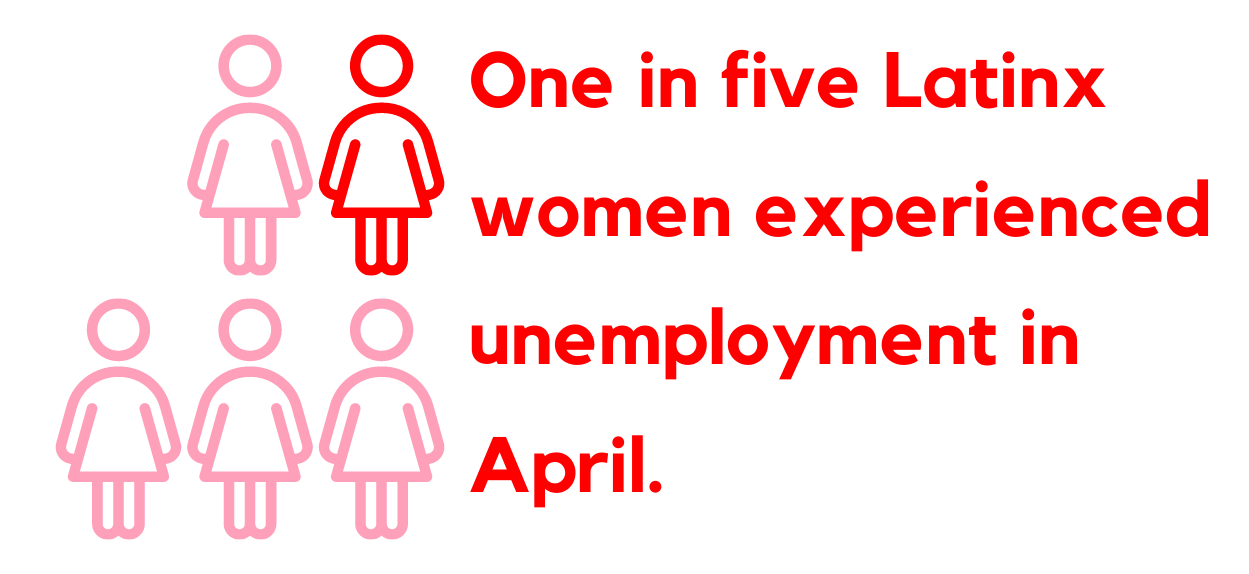
How Do We Fix It
If you know me, you know that I am not the type to post such dismal facts and figures without also proposing a solution, but when faced with such enormous, insurmountable challenges, what is one to do?

We have seen the way our current president has handled the pandemic, and it is unacceptable. Were we under a different leader, the number of women affected by COVID-19 would be drastically less and America’s death toll much lower. Vice President Biden has an action plan that outlines exactly how he would handle each new hurdle COVID-19 presents, addressing the concerns of Americans filing for unemployment, looking at other nations’ successes to prepare for resurgence, and planning for the eventual safe reopening of America. And Trump? He continues to emphasize his China travel ban back in February instead of looking to the future to stay ahead of COVID and its effects on the American people.
Women, we have a say in this pandemic, with our vote. In our 10 battleground states, a recent survey found that women are more likely to think Joe Biden will better address the COVID-19 pandemic. The choice is clear.
And there’s good news on that front in terms of the Latinx vote. According to 19thNews, the pandemic “is prompting a political awakening among the people who have felt some of the most acute shocks from the coronavirus: Latinas.”
“‘Latina women tend to think about what they need to do to preserve their family. In the past, it’s been hard to see how your vote is something that relates to your family,’ or even to yourself. This year it’s become ‘if I don’t vote, my family is in danger.’
Menchaca-Bagnulo, assistant political science professor at Texas State University (in the 19th News)
And the economy is a major driving force behind that conclusion.”
As my friends Debra Barsha and Sheila Rae wrote in their 2020 women’s voting anthem, “We can make a difference…Let’s turn it all around and make the madness end.” They gave me permission to share their song and video and you can share it, too, as you encourage your friends and family to VOTE to reclaim our democracy, take action to save the planet from a climate emergency, protect our rights to affordable health care and economic equity, and work together towards a better future for All Americans.
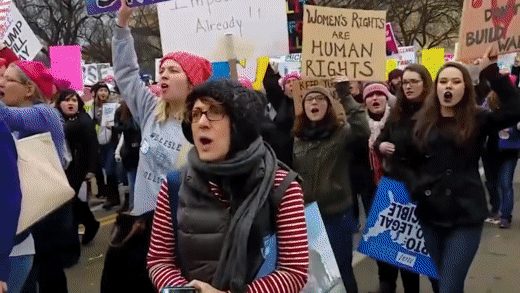
Onward!
– Pat
*Correction: When this post was first published, it erroneously stated that Black Americans made up 12.5% of the population. It has been updated to the correct percentage: 13.4%.

